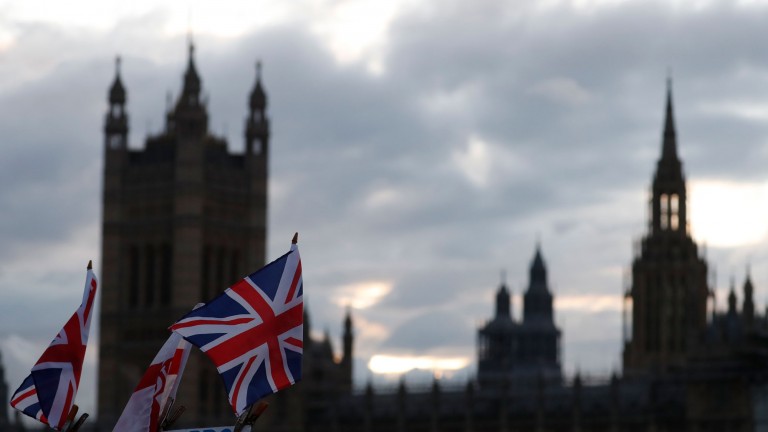What’s happening: To break the seemingly never-ending political deadlock over Brexit, the UK’s citizens are going to the polls on December 12 to vote in a general election.
The tactics: As in the last UK election, just two years ago, targeted ads on social media will play a big role as the major parties try to convince wavering voters or shore up their own support. This time around, however, Facebook has a clearer (and more controversial) stance on what it will and won’t allow on its platform. Specifically, it’ll be the first major election where its policy of letting politicians lie in ads is put to the test, a stance that has come under increasing pressure since Twitter said it would ban political ads last week.
What Facebook says: In a press conference in London yesterday, Facebook said it had not seen any evidence of foreign interference in UK political parties’ campaigns, but promised to keep monitoring the situation. It also threw the challenge back to politicians, saying they need to determine what political advertising should be permitted in their own countries. The company said it keeps a public archive of political ads and will label who pays for them.
On political ads: Facebook insisted, again, that it will not intervene when politicians lie in these spots, unless they incite violence or spread misinformation about when, where, and how to vote. Oh, and it won’t let them share content that has previously been debunked as part of its third-party fact-checking program. Or content that violates local laws. All clear?
The problem: Politicians and academics are not just worried about the promotion of false information on Facebook. The issue is also the way the platform allows for microtargeting of individuals. Facebook has said it might restrict this practice, but it seems unlikely to happen before the UK election next month.
A guinea pig: It’s easy to see the UK as a sort of test case for the upcoming election in the US next November. However, the experience of the Brexit referendum, and the US election in 2016, suggests it will be hard to work out the precise impact of Facebook advertising on the outcome within a relatively short time frame.
What gives? You might think you’re easily able to spot what’s true and what isn’t on Facebook anyway. Not so, according to a recent study by the University of Texas, which found that fewer than half of participants were able to distinguish fact from fiction on the website. They overwhelmingly selected headlines that aligned with their existing political beliefs as true.
Sign up here for our daily newsletter The Download to get your dose of the latest must-read news from the world of emerging tech.

